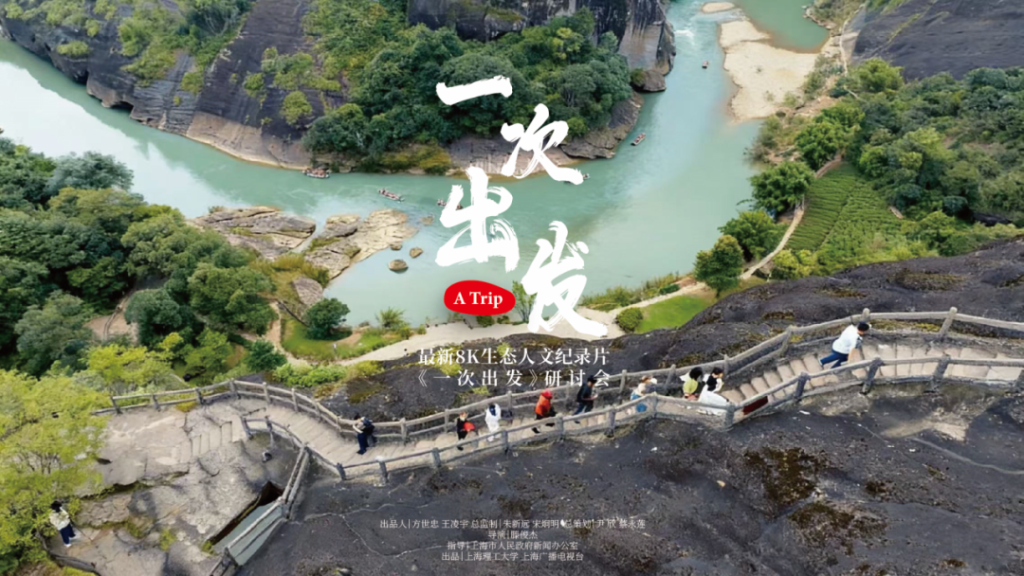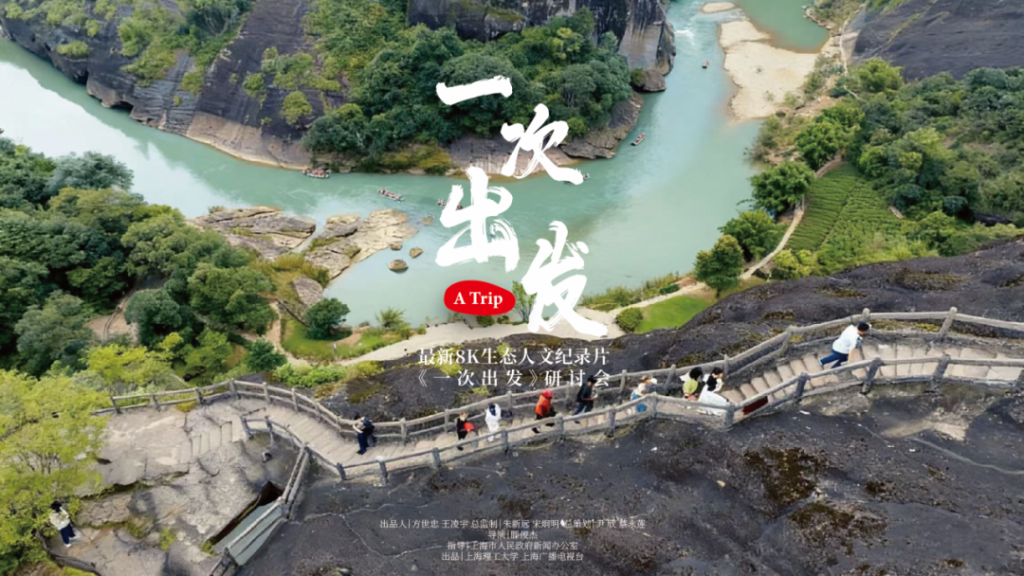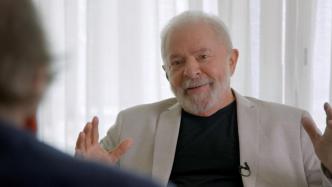
Recently, the new film "Lula" by the famous American director Oliver Stone made its world premiere at the Cannes Film Festival as a special screening unit. This documentary shows the ups and downs of Lula's political life in the past few decades, who regained the Brazilian presidency in 2022, and also made a lot of disclosures and discussions on the role played by the US government in it.
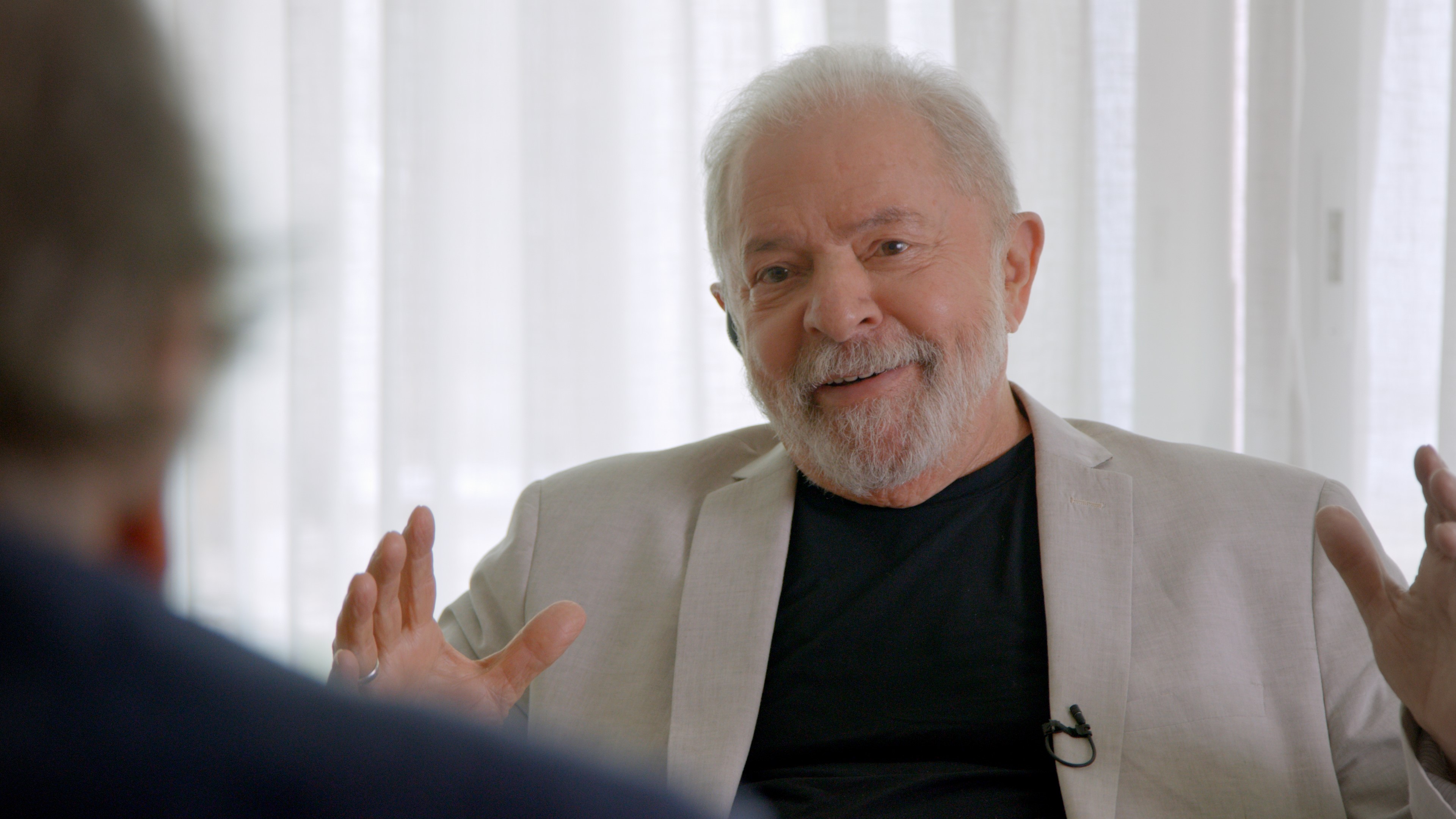
Stills from Lula
"Let humbler people govern their own country"
The first half of "Lula" mainly introduces his personal life. The 78-year-old grew up in Sao Paulo, Brazil, in a very poor family, so he dropped out of school early to support his family and became a lathe operator, becoming the first person in his family to earn more than the Brazilian minimum wage, but he also paid the price of losing a finger in a work-related injury.
At the age of 30, Lula, who was originally unwilling to participate in politics, became the chairman of the local steel workers' union and successfully led a strike, winning higher wages for himself and his fellow workers. But he soon realized that the increase in wages could not keep up with the skyrocketing rent and prices in the local area. "I think it's time for the workers to be the masters of their own house," Lula said in the voiceover.
In 1980, Brazil ended its 21-year military dictatorship, and it became possible to form political parties on its own again. In 1989, 1994 and 1998, Lula participated in the Brazilian presidential election three times on behalf of the Labor Party, but lost all the time. In 2002, he participated in the election for the fourth time on behalf of the left and was finally elected, becoming the first left-wing president in Brazilian history to gain power through elections.
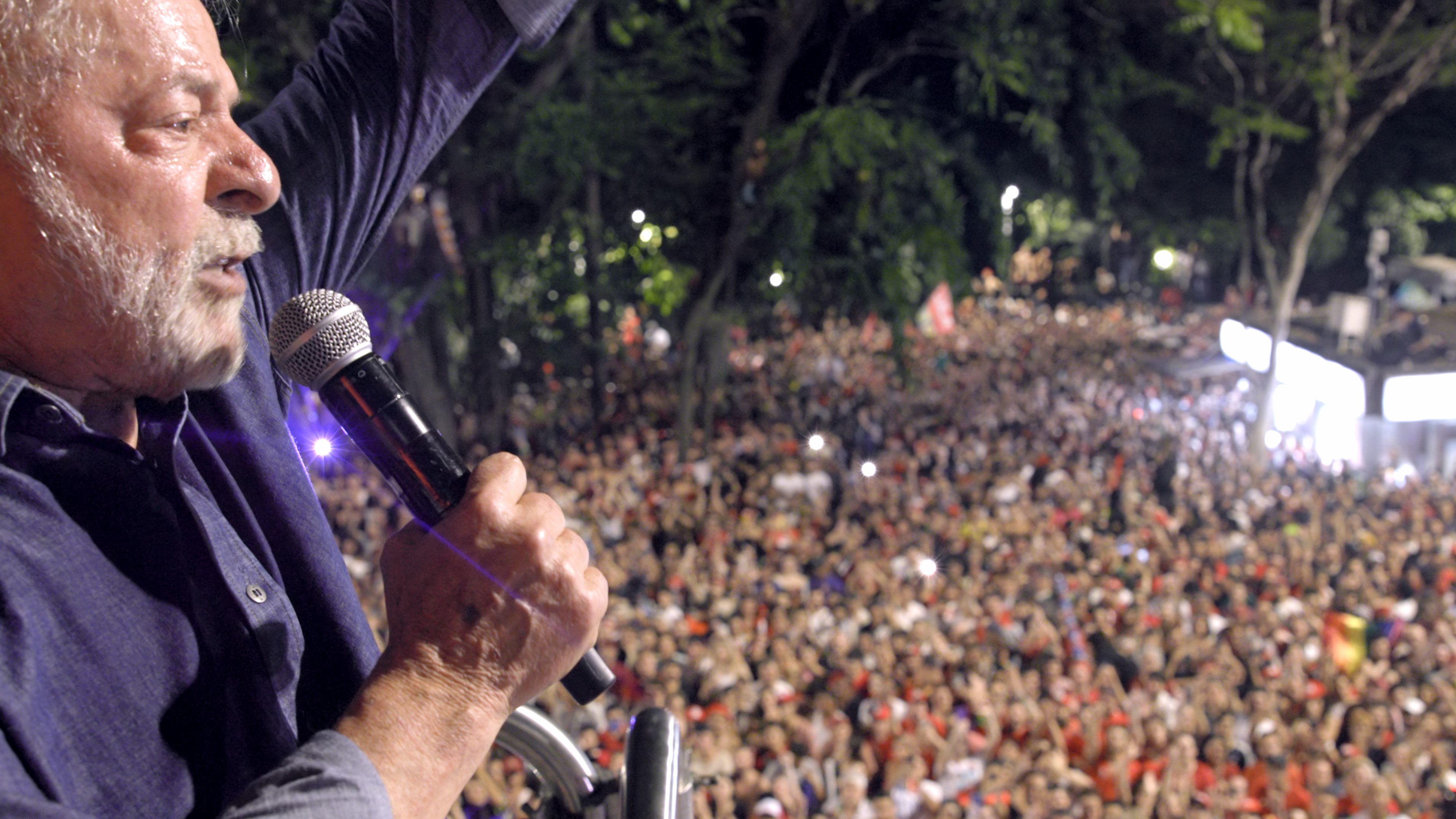
Stills from Lula
However, this was just the beginning of Lula's bumpy political journey. In 2014, Lula, who had already completed two terms in office, became the target of an anti-corruption investigation. In 2017, he was sentenced to 26 years in prison for bribery and money laundering. In 2019, Lula, who had served 580 days in prison, regained his freedom, re-entered the campaign, and was re-elected as the President of Brazil in 2022.
In an interview with the media, director Oliver Stone said that what attracted him most about Lula's story was that it was more exciting than any movie, and no screenwriter could have made it happen. "He was originally a member of a trade union, never thought about becoming president, and was not interested in politics, but he ended up becoming the president of Brazil. This reminds us that the president of any country can actually come from the working class. You don't have to have a billion-dollar fortune or be a member of the elite. I actually prefer this approach, allowing more humble people to run their own countries."
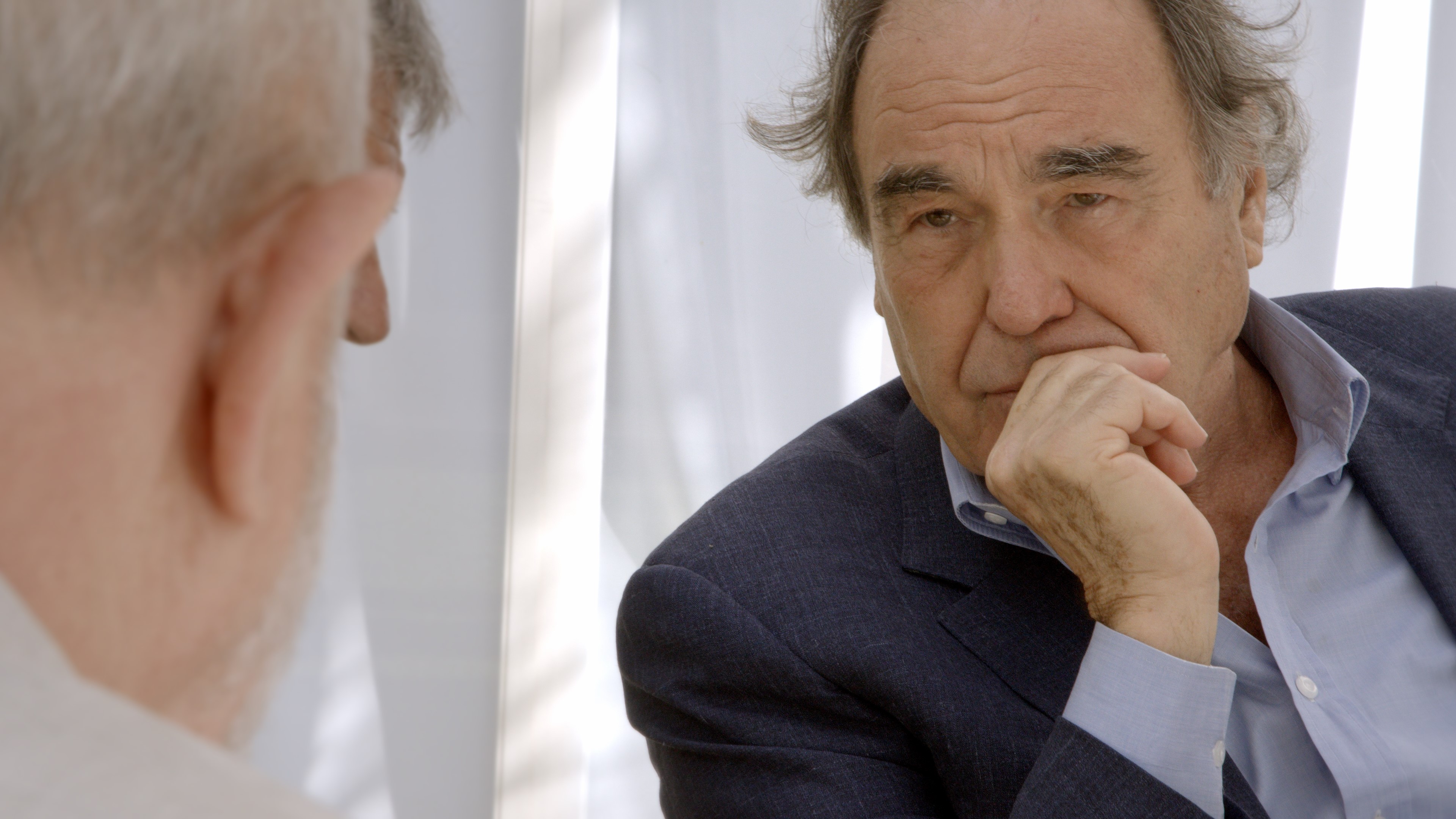
Oliver Stone in Lula
Ultimately, in the eyes of the director who has made two "Wall Street" movies, even if money is not the root of all evil, it is at least quite harmful to politics. "If you are poor or middle class, it is difficult to participate in elections in the United States because money controls American politics. On the other hand, in European countries, their elections are relatively more constrained. The cost of elections in the UK is very low, at least until recently. In France, they also have various election rules to follow. I think the United States also needs to establish such rules to keep money away from politics."
In the second half of the documentary, Stone details Lula's imprisonment and the twists and turns of his conviction and exoneration. At that time, Sergio Moro, the chief justice who investigated corruption in Brazilian politics, later became the Minister of Justice under the new President Bolsonaro. Stone used various evidences to show that Moro had improper practices in the Lula case and shared investigative information with FBI agents and US officials. In the director's view, this is clear evidence that the United States is interfering in Brazil's internal affairs, and the United States has been doing this for decades.
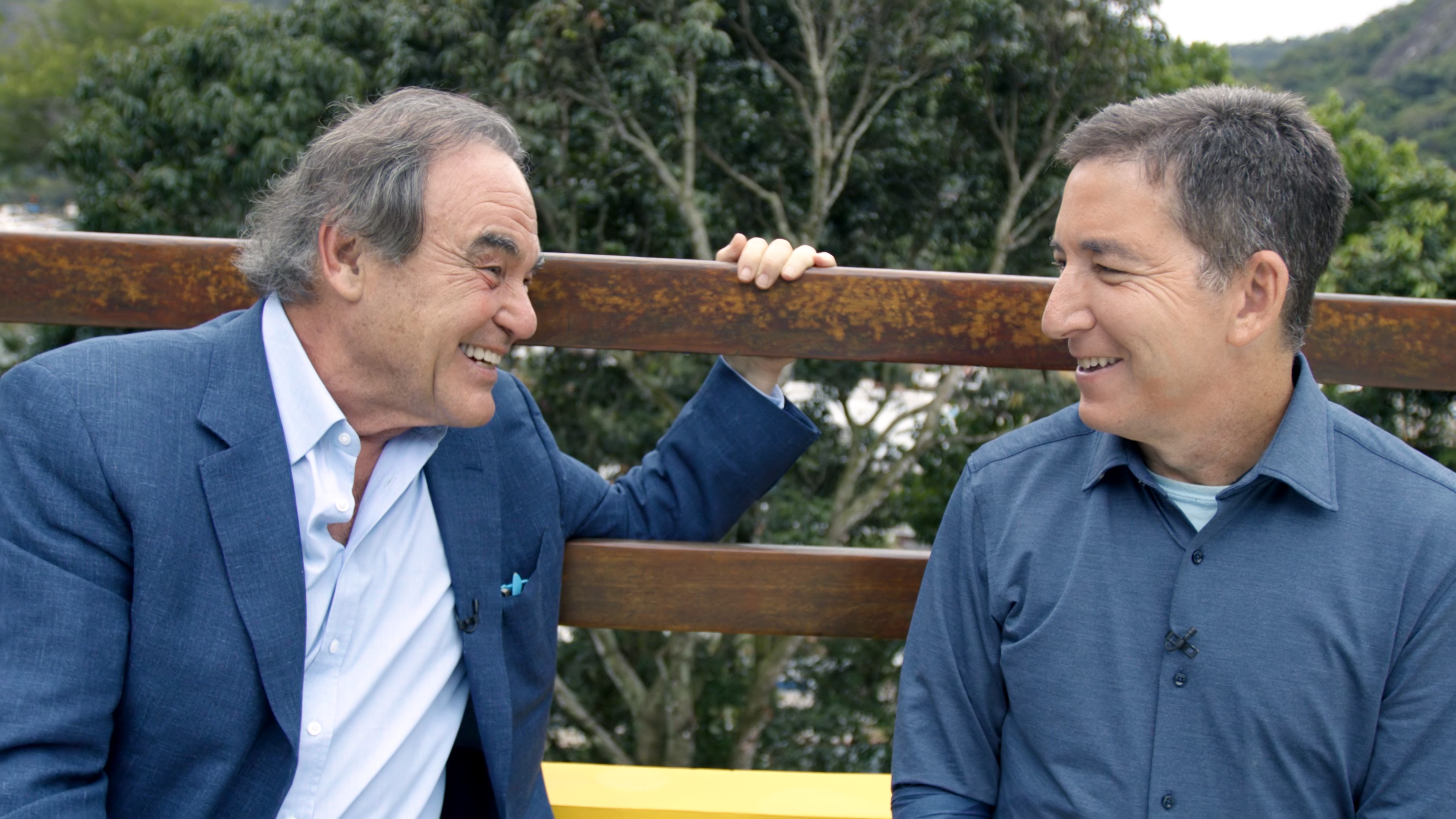
Stills from Lula
"For many years, we have been interfering in the internal affairs of South American countries. In countries like Chile and El Salvador, this has been the case for decades. And the death of Venezuelan leader Hugo Chavez from cancer in 2013 may have played a role in this. Because his death was very mysterious, he got cancer suddenly and it came on very quickly. If you know about Jack Ruby's death from cancer - he was the murderer of Lee Harvey Oswald, who assassinated President Kennedy. On December 9, 1966, Ruby was hospitalized for pneumonia and doctors found cancer cells in his liver, lungs and brain. Six weeks later, Jack Ruby died of lung cancer at the age of 55 - you will definitely wonder if there is something fishy. Many Venezuelans believe that the United States played a role in Chavez's death, but no one knows the truth and cannot prove anything."
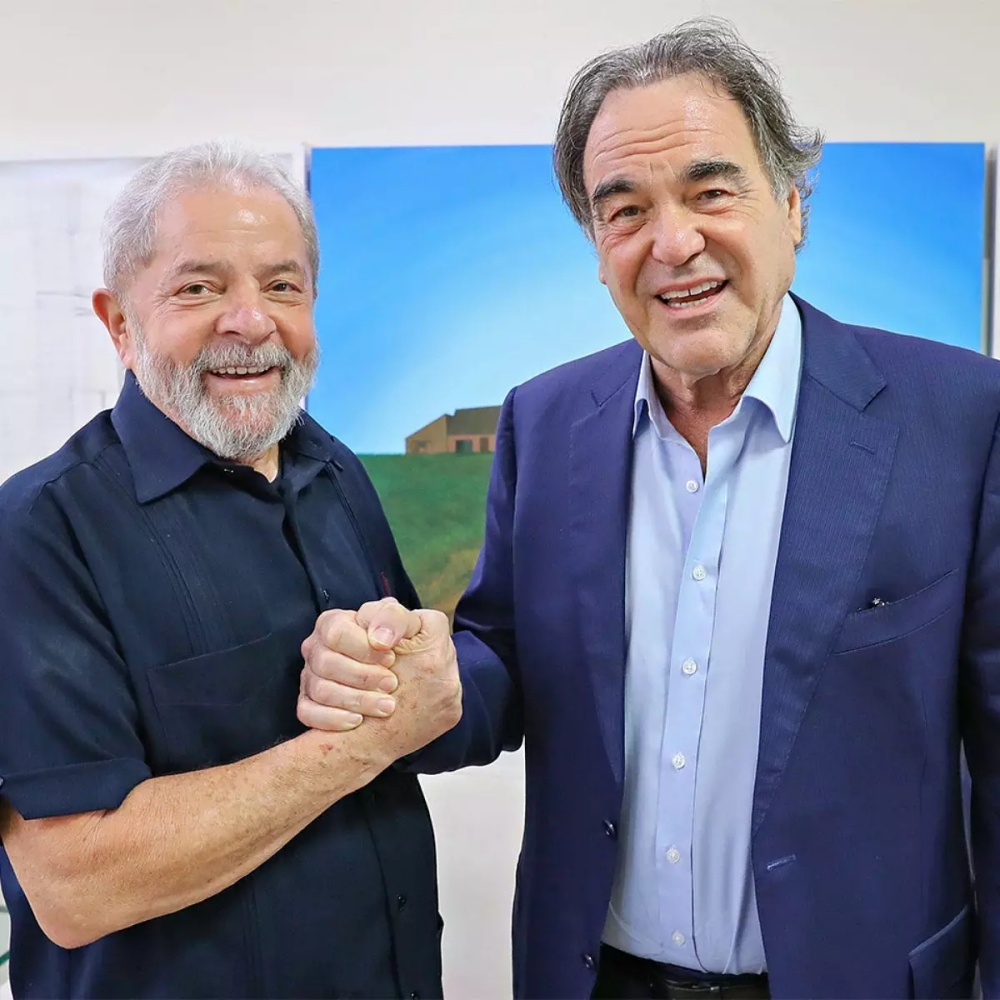
Lula (left) and Oliver Stone
“I don’t want war”
Oliver Stone has not made a feature film for eight years since Snowden in 2016. During this time, he has been busy shooting various documentary works, covering sensitive issues such as the assassination of Kennedy and nuclear energy, including the TV documentary Putin Interviews broadcast in 2017. At the beginning, the film was questioned by many in the United States, and the outside world criticized Stone for becoming a propaganda tool for Russia, but Stone himself held a different view.

Screenshot of "Putin Interview"
After many years, this topic was brought up again by the media at this year's Cannes Film Festival. Stone once again emphasized that his purpose was not to deify the Russian leader, but to change the American media's past dehumanizing portrayal of him through his lens.
“And, further, it wasn’t Putin himself that was my concern. It was the relationship between Russia and the United States that was my concern. What I feared most then—and I still fear now—was that the United States would intervene in Ukraine, which would be a disaster. Why in God’s name did we continue to be loyal to NATO in 1990? NATO was a product of World War II and should have ended at that time, but it continued to exist and now it has become a kind of dead end. When the Soviet Union collapsed in 1991, Baker (James Addison Baker III, then-Secretary of State of the United States), Bush and Gore "We handed East Germany to NATO; we said Germany would now be unified, but there would be no further movement. The Americans agreed to that very clearly. They may not have done it on paper, but it was certainly a contractual agreement. Ultimately, it was the United States that violated all the treaties with Russia. Thirteen countries that were anti-Soviet and anti-Russian - not only anti-Soviet, but anti-Russian - were brought into NATO. The Russians said, this is our red line, especially Ukraine. This is Russia's border, and just today, Biden said he wanted to bring Ukraine into NATO.
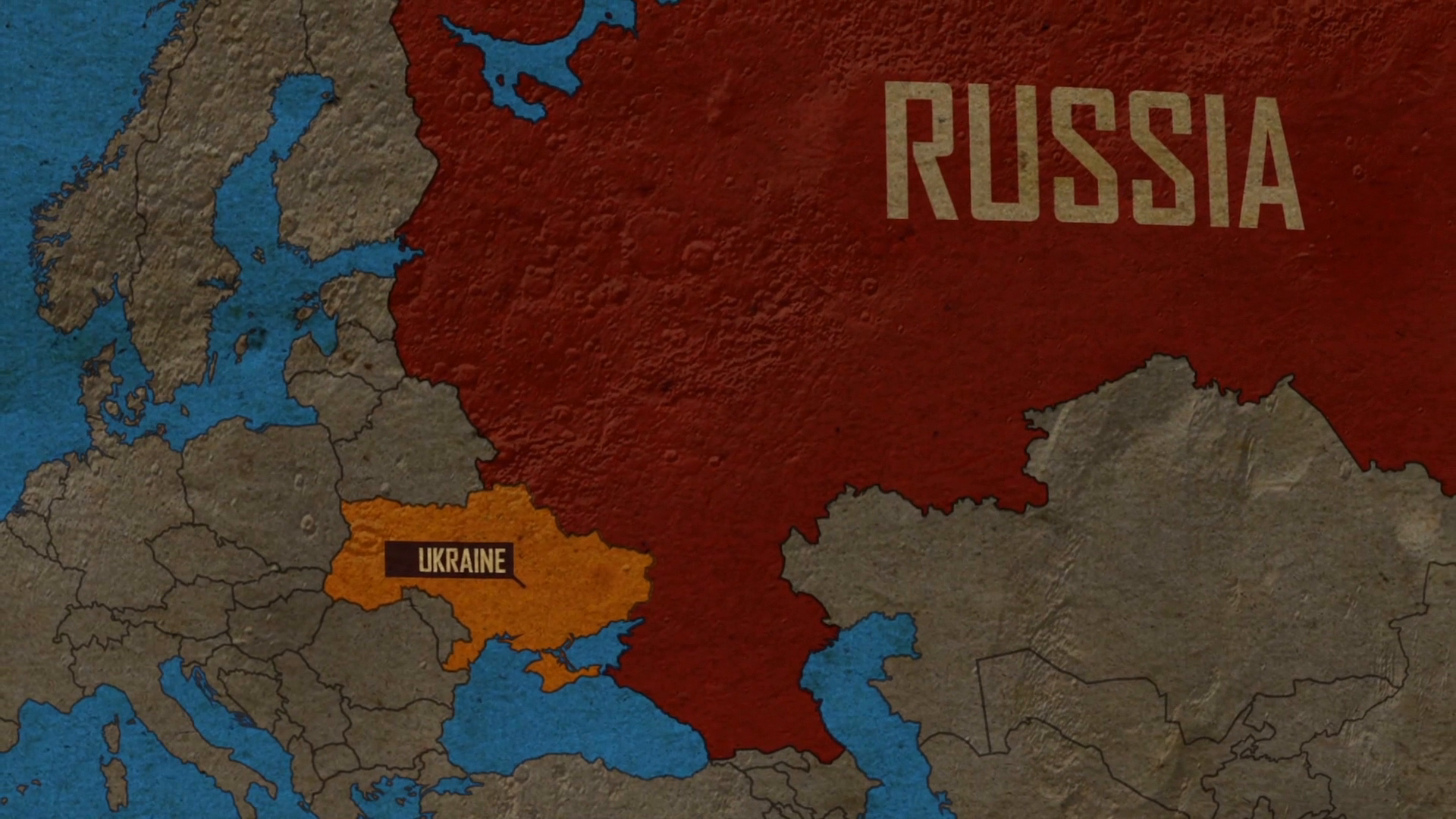
Screenshot of "Putin Interview"
"Ukraine is seen as some kind of symbol of democracy or resistance, but it's not. Ukraine is a thoroughly corrupt country, worse than many corrupt countries, probably 140 out of 170 on the Corruption Perception Index. But we supported it, created it, fully funded it, and I don't think this is going to end well because we are not going to back down from this, but it's in Russia's interest, it's on their border. So we need to think, are we willing to start World War III over Ukraine? Don't you think this is crazy? The American people have not been consulted. Do the American people really know what's going on? Do they know the agreement that the United States made with Gorbachev? Do they know what the Russians are thinking?
"That's why I went to Russia, because I wanted to understand their perspective. Mr. Biden has now made it very clear, whether you admit it or not, that Putin is a 'butcher.' In addition to that, he has said that we have to weaken Russia, and our policy is to weaken Russia, basically to make it disappear. Eliminate Putin, split Russia into three, and let Wall Street get Russia's resources. This is a crazy goal, it doesn't work, you can't do this to Russia. But this is what the United States is doing, bringing Western countries and European countries together to put an end to Russia once and for all.
"This has happened in the past, but now the Cold War is over and we are facing a different form of Russia. They are all capitalists and they also want to integrate. Why did Biden suddenly change the rules of the game 20 years later? This makes me very uneasy, and it is also very dangerous for our own economy. Imagine what would happen to the United States if we had even a limited nuclear war with Russia? I hope the United States is at peace. I don’t want a war, and we don’t need to fight a war, and this is what I am most worried about now."
